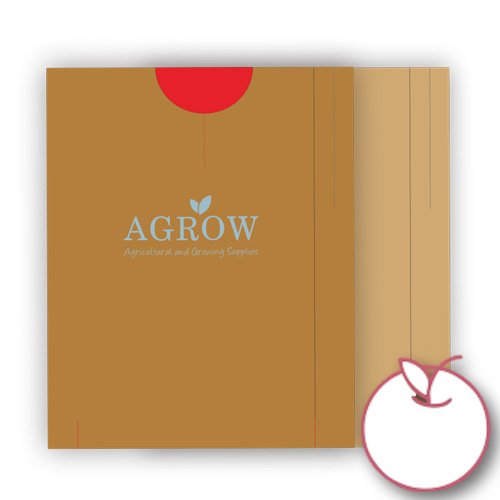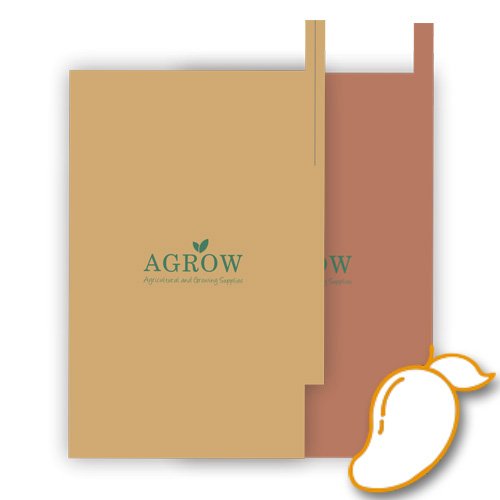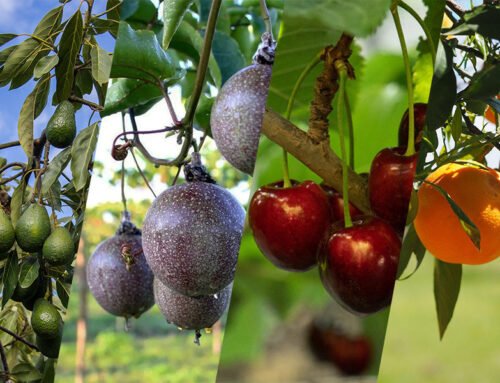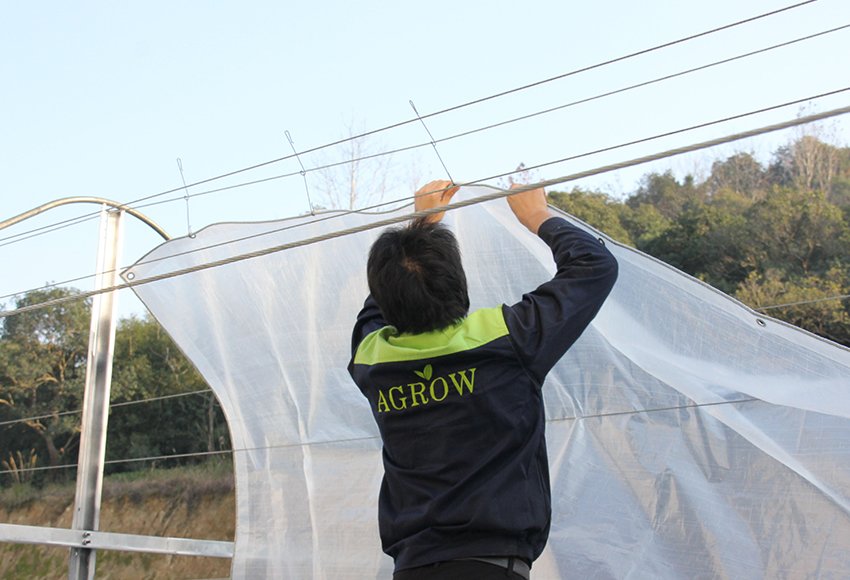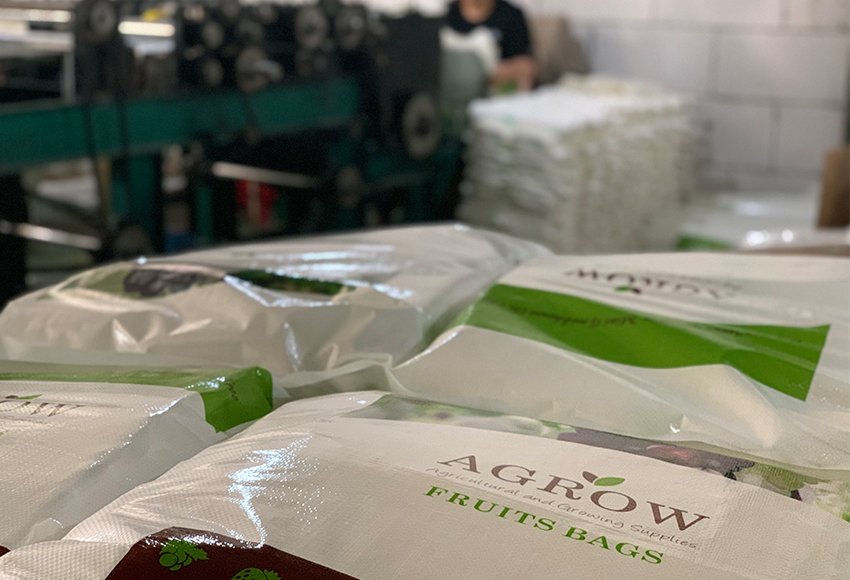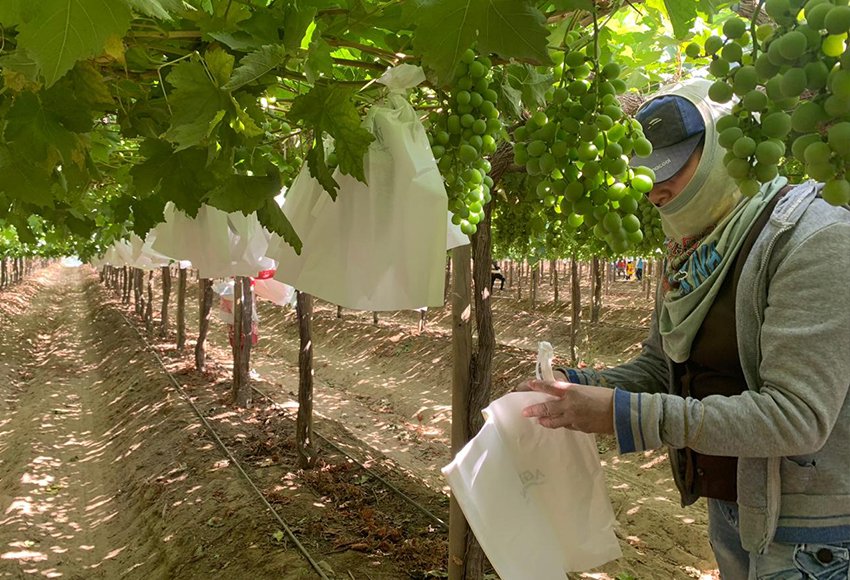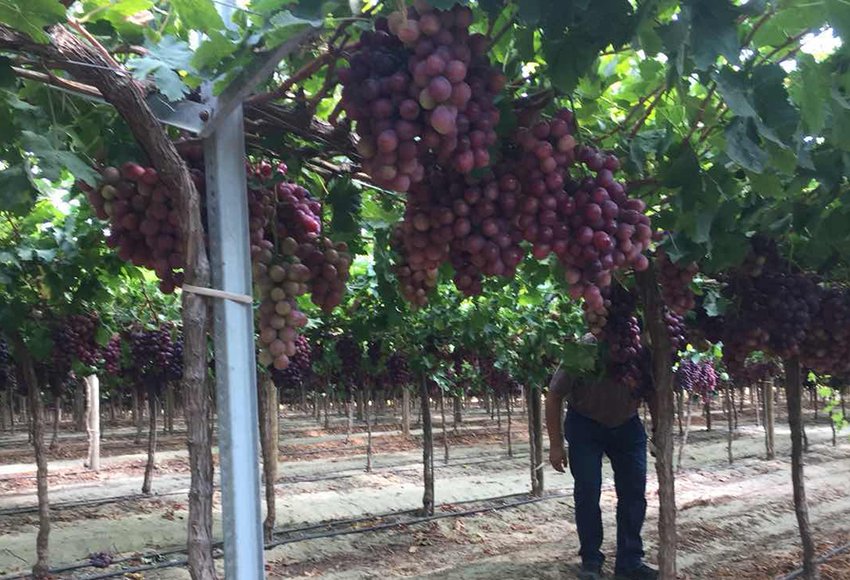November 2024 Fruit Industry Trends and Highlights – Late
Australia Supported Climate Smart Agriculture at COP29
Australia welcomes the COP29 Presidency, Azerbaijan, on the launching of the Baku Harmoniya Climate Initiative for Farmers at the United Nations Climate Change Conference, COP29.
Australian producers and land managers are adopting climate-smart, sustainable practices to combat climate change:
- help increase agricultural productivity and profitability
- better protection of Australia’s environment
- help support access to international markets
- strengthen farming communities
- contribute to global food security
The Australian Government is committed to supporting and partnering with farmers to ensure more climate-smart and efficient emission-reduction practices are incorporated into core agricultural practices.
Global Stone Fruit Market Grows Steadily
Business Research Company released a report showing that the global stone fruit market is expected to grow from $13.85 billion in 2023 to $14.45 billion in 2024, at a compound annual growth rate of 4.4%.
Drivers include urban farming initiatives, implementation of sustainable measures, growth in organic farming, online shopping, and growth in the peach trade.
By 2028, the stone fruit market is expected to reach $17.37 billion, at a CAGR of 4.7%.
Global demand for fresh produce, seasonal supply differences and expanded international trade agreements have driven increased imports and exports of peaches and nectarines.
Asia Pacific was the largest region in the stone fruit market in 2023. Europe is expected to be the fastest growing region during the forecast period.
New Zealand Company Launches New Disease-Resistant Apple
Prevar, a New Zealand joint venture company, has launched GoodnessMe, a new apple variety developed over 20 years. This apple is notable for its double gene scab resistance, tolerance to mildew, European canker, and a natural skin bloom that protects against sunburn. Prevar, owned by the New Zealand Apples & Pears Incorporated, Plant & Food Research New Zealand, and Apples and Pears Australia Limited, worked with Plant Food Research to commercialize this apple.
GoodnessMe is environmentally friendly, requiring fewer chemical interventions due to its natural disease resistance. It has shown promising results in trials in New Zealand, Europe, and the United States. Prevar believes the variety will thrive in established apple-growing regions worldwide.
Competitive Australian Cherry Season
As of November 24, Australian cherry exports had reached 505 tons and are expected to continue to increase.
Tasmania is also set to begin exporting cherries in the coming weeks. This season, Australian cherries are larger, firmer, and sweeter, thanks to favorable growing conditions and ongoing improvements by local producers.
Given competition from Chilean cherries, Cherry Growers Australia stresses the importance of maintaining premium quality. Last season, Australia exported 4,030 tons of cherries, with a target of 5,000 tons for the current season.
Atacama, Chile, Begins Operating Systems Approach Protocol for Table Grapes
Chile’s Agriculture and Livestock Service (SAG) has approved the export of over 8,000 boxes of table grapes from the Atacama Region to the U.S. under the Systems Approach phytosanitary protocol. This protocol replaces traditional fumigation with inspection at the origin, providing a competitive advantage for Chilean products.
The first shipments were inspected at a new facility in Copiapó, where SAG personnel and U.S. USDA-APHIS inspectors collaborated to verify the grapes’ compliance with phytosanitary standards.
Approximately 3 million boxes of table grapes from Atacama are expected to be exported to the U.S. via Systems Approach, compared to more than 5.6 million boxes of fumigated grapes last year.
Hurricane Helene Severely Impacts Georgia Agriculture
Hurricane Helene caused significant damage to Georgia’s fruit industry in late September, particularly impacting blueberries and citrus crops. The storm destroyed large portions of these high-value crops, which are essential to the state’s agricultural economy. Blueberry plants were uprooted, and irrigation systems were damaged, while citrus groves also faced heavy losses. The total agricultural and timber damage is estimated at $5.5 billion.
Relief efforts are underway, with the Weathered But Strong Fund raising $1 million to assist farmers in 60 affected districts. The state has allocated $100 million for agricultural recovery, and Governor Kemp is seeking federal aid for small and uninsured farms.
